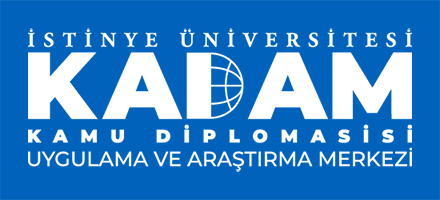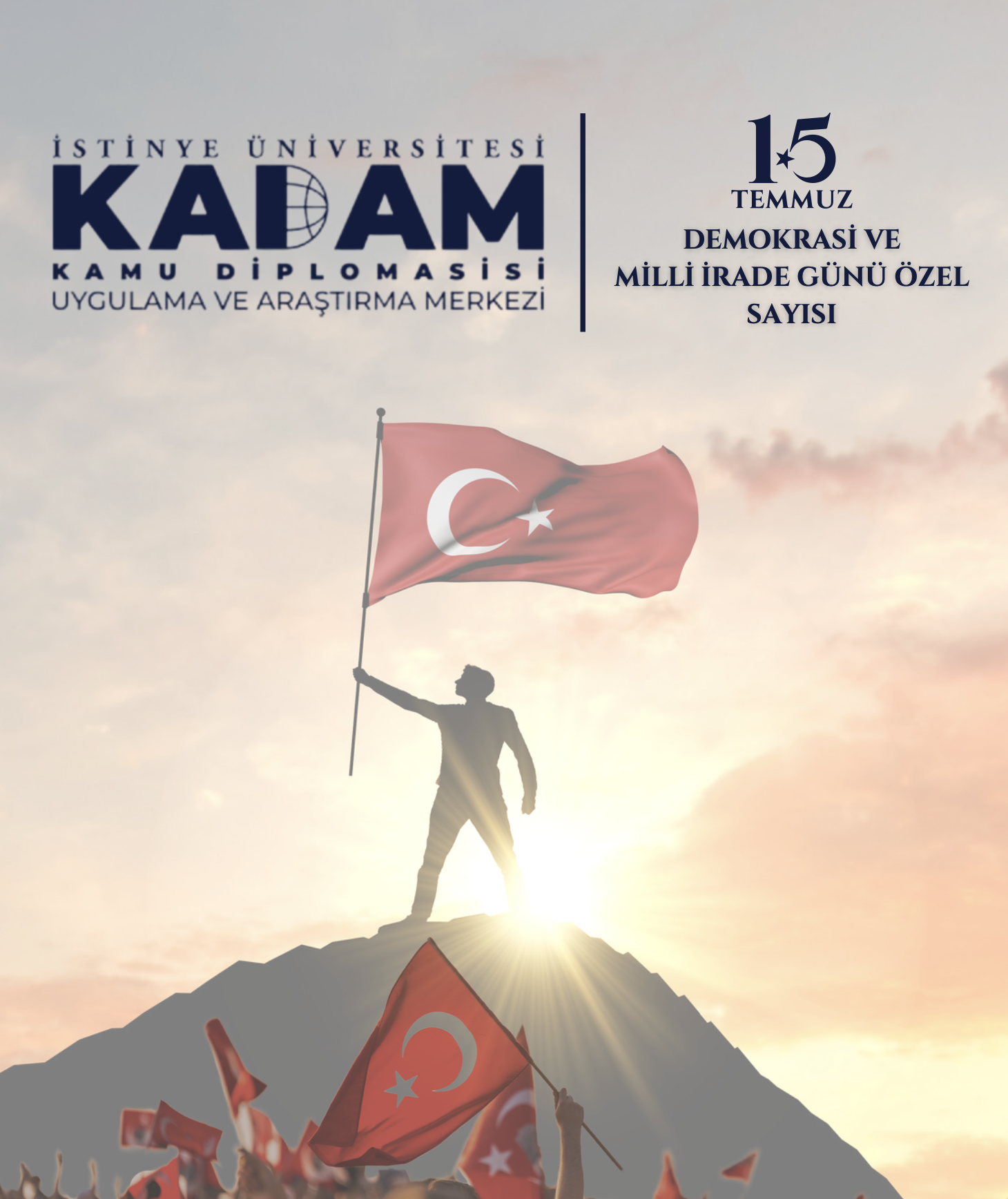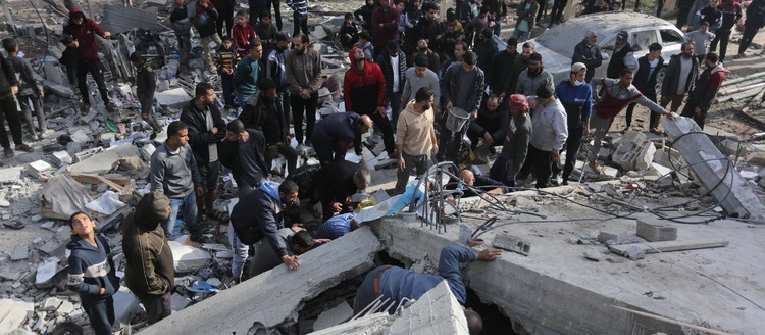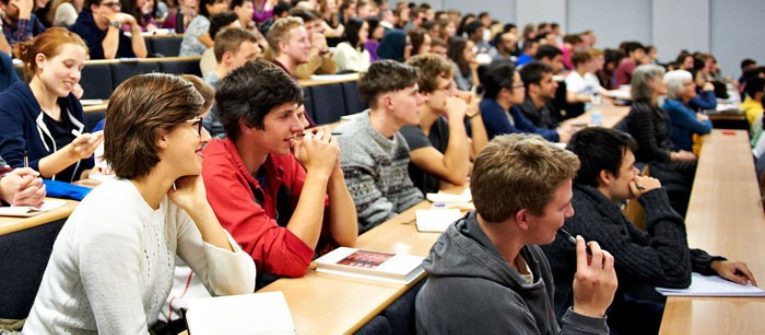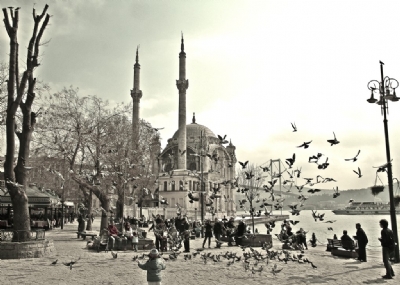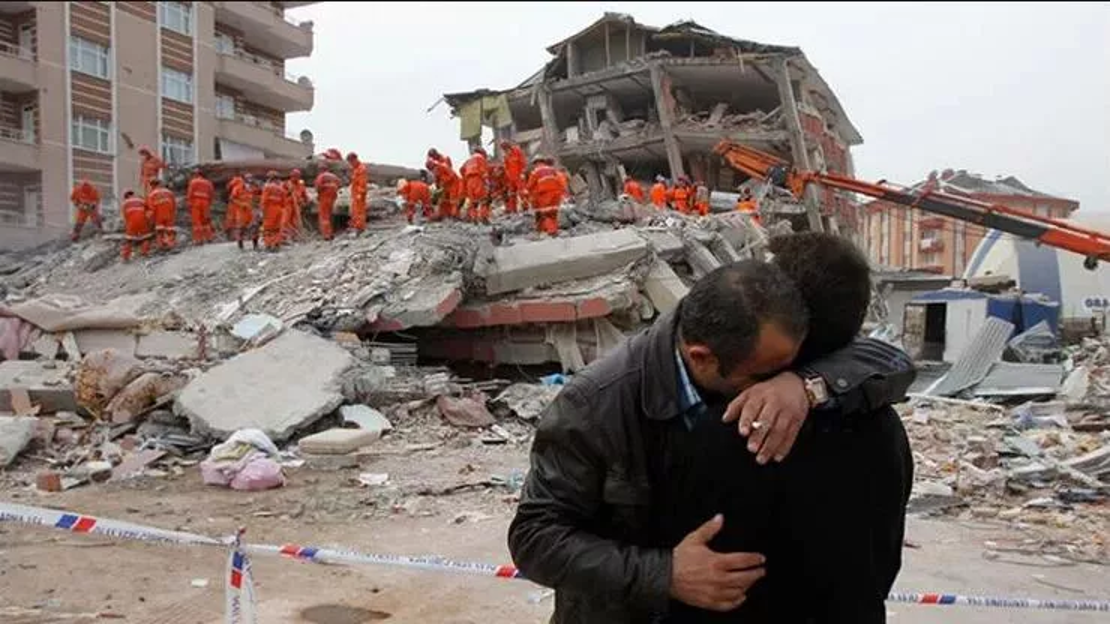Public diplomacy is concerned with the favourable or unfavourable impression of a nation on other nations. States using public diplomacy methods endeavour to improve their image, to prevent its deterioration and, if it is not at the desired level, to attain an image that will strengthen their political effectiveness. However, having a good image cannot be acquired only by making an effort. Nations and states have certain characteristics that come from history, are attached to their identities and are perceived by others. One of these characteristics is the behaviour of armies during war.
Before this, however, it is necessary to focus on the causes of war. Which war is just? What is an unjust war? War must be justified, such as being attacked or gross violations of human rights. On the other hand, aggressive war with the aim of destroying the opponent and without justification for defence is unjust war. There can be no ethical justification for unjust war. Naturally, it is a fact that the armies that initiate and wage unjust war behave unethically. In addition, the unethical behaviour of the members of the warring armies - such as acts of violence and extermination against civilians, destruction and looting of cultural assets, damage to the environment, disproportionate and unjustified use of force - are contrary to the norms of war ethics, whether justified or unjustified. War should be a last resort; it should not be resorted to before diplomacy and peaceful solutions are exhausted. Wars waged for the purpose of gaining power, seizing someone else's territory or riches, or for revenge are not beneficial for anyone.
War may be inevitable in some cases. However, even in this case, it is extremely important for human dignity to apply the ethical rules that have been filtered through the development of human civilisation. Many events in history that were considered war crimes - such as the dropping of atomic bombs on Hiroshima and Nagasaki and the genocide in the Bosnian War - have been condemned internationally as being contrary to the ethics of war. Today's events in Gaza and Ukraine are evidence of how easily warring parties can violate ethical rules. In particular, the crimes defined in the 1948 United Nations Convention on Genocide and the inhumane genocides in Bosnia, Khojaly in Azerbaijan, Rwanda, Sudan and many other parts of the world are proof of the tragic situation we are in on behalf of humanity. War ethics, a discipline and approach established to protect human rights, prevent unnecessary suffering and minimise the destructive effects of war, is also an important area of international law.
Throughout history, during war, which is an act of violence by its very nature and aimed at ‘killing’, the attitudes and actions of the parties against each other, which violate fundamental human rights, cannot be prevented even though ethical rules have been determined.
It is not possible for states that do not comply with the ethics of war and whose armies disregard human life with massacres and genocides to have a positive image. On the other hand, states that refrain from aggression and abide by human rights and ethical rules in armed conflicts that they have to engage in for defence purposes are considered as direct public diplomacy tools and image factors. This is one of the most important sources of reputation for states whose armed forces abide by human rights rules. States and their armies that adopt the opposite attitude are doomed to be remembered with a stain that they cannot easily erase before history and humanity.


